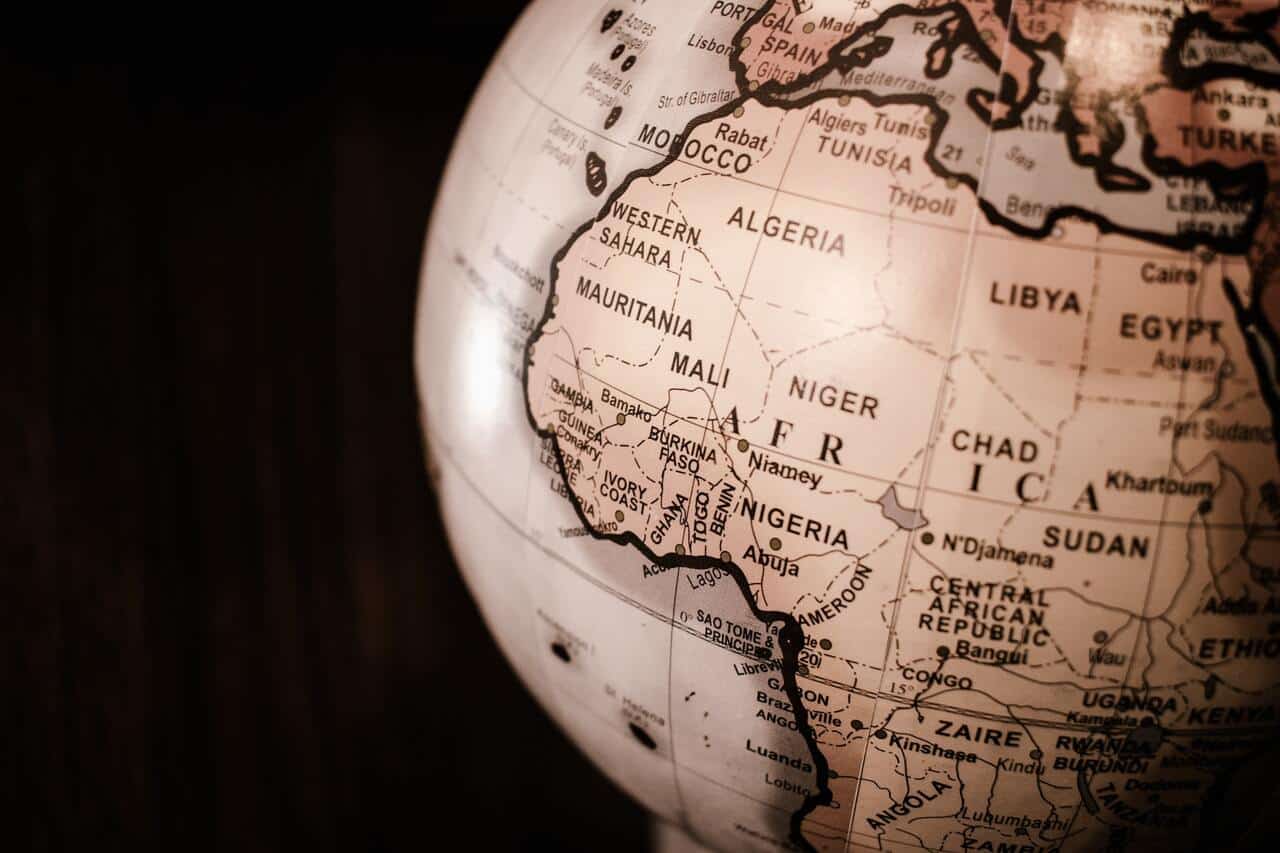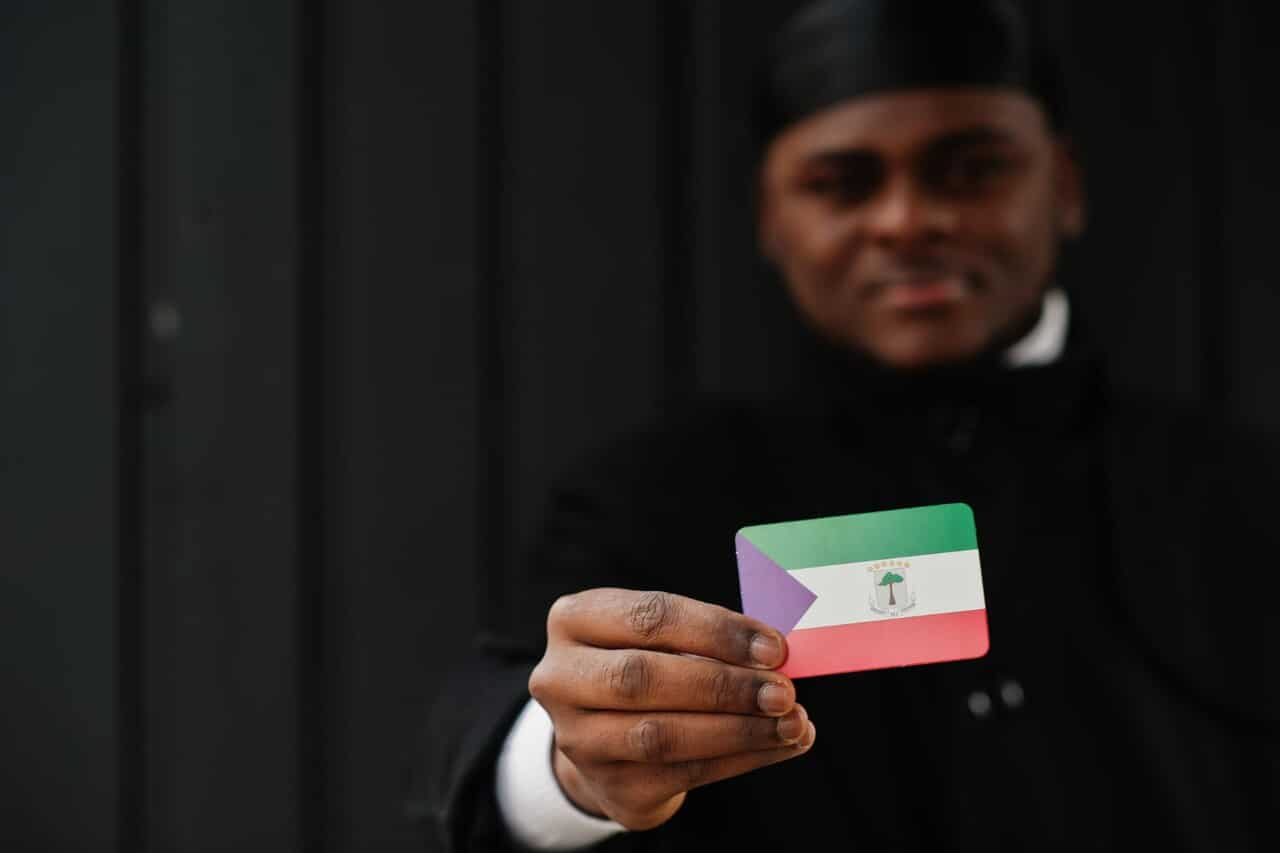
Spanish-Speaking Countries In Africa
DATE:
Talking about Spanish-speaking nations in Africa might catch many by surprise, as it’s not commonly known that Spanish is an official or widely spoken language on this continent. Due to historical and geopolitical factors, most people associate Spanish with Latin America and Spain, often overlooking the African connection.
And while it’s true that Spanish isn’t spoken across Africa in the same way it is in the Americas, there is indeed a unique case where Spanish plays a significant role. Though we can’t discuss Spanish-speaking countries in Africa in the plural, there is one sovereign state where Spanish is an official language, standing as a testament to the far-reaching influence of the Spanish Empire.
Centuries ago, the Spanish Empire expanded its reach across continents, bringing with it not only its language but also its religion, culture, and societal structures. While much of this influence is seen in the Americas, Spain’s colonial legacy extends beyond, touching even parts of Africa.
So, let’s delve deeper into this fascinating connection and explore how Spanish came to be a key language in one African nation.
How many Spanish-speaking countries are there in Africa?
There is only one Spanish-speaking country in Africa: Equatorial Guinea. Located on the west coast of Central Africa, Equatorial Guinea is unique in that it is the only African nation where Spanish is an official language. This distinction traces back to the country’s colonial history.
In the late 18th century, Spain began to establish its presence in this region, initially controlling the island of Bioko and later expanding to the mainland. Over time, Spanish became entrenched in the educational system, government, and daily life. When Equatorial Guinea gained independence from Spain in 1968, the country retained Spanish as one of its official languages, alongside French and Portuguese.
Today, Spanish continues to play a vital role in Equatorial Guinea, used in education, administration, and media, making it a fascinating example of how colonial history has shaped the linguistic landscape of Africa.
DID YOU KNOW…?
Its name “Equatorial Guinea” is due to the fact that the country is geographically close to the equator line, a line that marks the middle of the globe.
Basic And Interesting Data Of Equatorial Guinea In Spanish
Some main and interesting facts to learn about Equatorial Guinea are
- Hace parte de la cuenca del Congo. – It is part of the Congo Basin.
- Tiene variedad étnica y personas de distintos tonos de piel. – It has an ethnic variety and people of different skin tones.
- Tiene mucha biodiversidad. – It has a lot of biodiversities.
- Este país africano hogar de cientos de mamíferos. – This African country is home to hundreds of mammals.
- Su ciudad capital es Malabo. – Its capital city is Malabo.
- Tienen un modo de hablar diferente al de España o Latinoamerica. – They have a different way of speaking than in Spain or Latin America (South America, Central America, and the Caribbean).
- Este es uno de los países más pequeños del segundo continente más grande (África) – This is one the smallest countries of the second largest continent (Africa)
- La población del país es de 1600000 personas – The country’s population is 1,600,000 people.
- Es el país con el español como idioma oficial con la menor cantidad de hispanohablantes del mundo. – It is the country with Spanish as the official language with the fewest number of Spanish speakers in the world.
- La comida típica de este país africano es sopa de cacahuate. – The typical food of this African country is peanut soup.
- En Malabo, su ciudad capital, el idioma principal es el español. – In Malabo, its capital city, the official language is Spanish.
- Sus nombres comunes son José y María. – Their common names are José and María.
- Además de ser el único país hispanohablante en Africa, es el más lejano de cualquier otro país que hable este mismo idioma. – In addition to being the only country that speaks Spanish in Africa, it is the furthest from any other country that speaks this same language.

Useful Equatorial Guinea Spanish Vocabulary for Travelers
Vocabulary that can help you if you have the chance to go to Equatorial Guinea. These words also belong to the official language, as they fall within their slang and idioms.
|
Equatorial Guinea Spanish (Common Spanish language) |
English |
|---|---|
|
Nati (Nada) |
Nothing |
|
Palabra (Demanda judicial) ** |
Lawsuit |
|
Pepe (Pimienta) |
Black pepper |
|
Picú (Transporte de carga) |
Freight transport |
|
Potopoto (Lodo) |
Mud |
|
Rembut (Botas de goma) |
Wellingtons |
|
Contrimán (Compatriota) |
Compatriot |
|
Misis (Mujer mayor de etnia blanca) |
White old woman |
|
Moni (Dinero) |
Money |
|
Sobar (Empujar) ** |
Push |
** Words that take on another meaning depending on the context in which they are spoken.
How the Spanish language came to Equatorial Guinea
Equatorial Guinea is a multilingual country where Spanish, one of its official languages, wasn’t the first European language to arrive. Before Spain’s influence, the region experienced linguistic impacts from Portuguese, British, and French colonizers. Spanish became dominant in the 19th century, firmly establishing itself in 1843 under Spanish rule. Despite Spanish being the official language, indigenous languages like Fang, Bubi, and Ndowé remain widely spoken, alongside Portuguese and French in some areas. This multilingualism reflects the country’s diverse cultural history, with Spanish now playing a central role in shaping Equatorial Guinea’s national identity.
DID YOU KNOW…?
Spanish is one of the official languages of Equatorial Guinea, but only 74% of the equatorial guineans are native Spanish speakers.
Interesting Facts About Equatorial Guinea
- 13.7% of the population of Equatorial Guinea are native speakers of the Spanish language.
- 74% of the population of Equatorial Guinea speaks and learns the Spanish language as a second language.
- 12.3% of the population of Equatorial Guinea (the vast majority) speak other indigenous languages, are not native speakers of the Spanish language, and need literacy or speak it with a marked mixture between this and a few other languages.
QUICK NOTE…
Although you can communicate in Spanish, being this the official language, people from Equatorial Guinea have a much more complex dialect to understand than people from Spain or Latin America (Which includes South America Central America, and the Caribbean), so it is advisable to study their slang to maintain a casual conversation and understand it correctly.
Castilian and Latin American Spanish vs Equatoguinean Spanish

The native languages of the people of Equatorial Guinea affect how they speak and write. Because of this, the Spanish language that people in Equatorial Guinea speak is very different from one another.
So, what are the differences between Castilian, Latin American, and Equatoguinean Spanish? Let us show you:
Difference in pronunciation
For many cultural and historical reasons, it’s logical to think that there’s a difference in accentuation between the Spanish spoken in Spain and Equatorial Guinea, in the same way, there’s also a difference in pronunciation with how people speak in Spain and Latin America. The most common differences are:
- The “s” is pronounced strongly or omitted depending on the word.
- The letter “d” sounds like “r” depending on the word.
- There is usually no difference when mentioning the letter “r” or the double “r”.
Use of “usted” and “tú” verb forms in the same sentence
Many Equatorial Guineans may mix up tú and usted pronouns and the context in which they’re mentioned. For example:
- Usted sabes hablar el español. – You know to speak the Spanish language (The correct way is “Usted sabe” o “Tú sabes”)
- Tú conoce a mi padre. – You know my father (The correct way is “tú conoces” o “usted conoce”)
Verbal Inconsistencies
In Equatoguinean Spanish, the roots of words and how verbs are conjugated can be different.
In addition to the use of usted and tú, listeners may also notice that subject-verb agreements are not always the same.
Use of Prepositions
It is common to confuse the use of some prepositions in the Spanish language spoken in Equatorial Guinea, such as the following:
- From (de)
- In (en)
- To (a)
Gender Agreement of Nouns and Adjectives
When learning Spanish as a second language, nouns, and adjectives might not match up the way formal Spanish grammar rules say they should. This is also true for Mayan people in Guatemala who speak Spanish as a second language.
This is true for both the amount and the gender. You can use a masculine adjective with a female noun or a singular adjective with a plural noun.
|
Equatoguinean trait |
In Spain? |
In America? |
Other Country? |
|---|---|---|---|
|
“b”, “g” and “d” plosives |
no |
bilingual zones |
Philippines, North Africa |
|
variation /s/ – (0) |
Andalucía |
no |
Philippines |
|
“Usted” + verb of “tú” |
no |
Quechua area, Aymara area |
Portuguese of Angola |
|
I go in coat |
no |
Rio Plata, Paraguay |
No |
|
variation Ustedes – Vosotros (you) |
Andalucía, Canarias |
no |
Philippines |
|
Neutralization /r/ – /rr/ |
no |
bilingual zones: African-Bolivians |
Philippines |
|
Individual tones in each syllable |
no |
Afrodominicano, and S Basilio (500) |
No |
DID YOU KNOW…?
Spanish is one of the official languages of Equatorial Guinea, but only 74% of the Equatoguineans are native Spanish speakers.
What to do in Equatorial Guinea?
If you’ve ever wondered to explore this exotic country, the capital Malabo, on Bioko island, is the first place you should visit and has the most popular locations nearby.
Among easy-to-reach beaches and other tourist attractions you can find:
Catedral de Santa Isabel
The Cathedral of Santa Isabel is a neo-Gothic Catholic building that opened in 1916 and is being fixed up right now. Even though, in January 2020, an electrical problem caused a fire that burned down part of the building. This cathedral is in the middle of the city, right next to the Plaza de la Independencia.
Pico Basile
With a height of 3,011 m (9,878 ft), Pico Basilé is the highest mountain in Equatorial Guinea. It is the largest and highest peak of the three volcanoes that were formed by the overlapping of basaltic shields that make up the island.
If you decide to go up, there is a great view of Mount Cameroon to the northeast on days when the sky is clear. You will also want to stop at the Church of Bisila in this part of the country, which is at an altitude of 2,800 meters. Both the building and the walk around it are worth it.
DID YOU KNOW…?
Western Sahara, a disputed territory in North Africa, was once a Spanish colony known as Spanish Sahara. Although Spanish is no longer an official language, it remains widely spoken and understood among the older population, reflecting its colonial past.

Wrapping up
Spanish, is considered now one of the most spoken languages in the world. It had impact in other unimagined parts of the world, mixing with their cultures and shaping the nations and their people into what we know today.
If you’re eager to visit new corners of the Hispanic world, remember, learning Travel Spanish before planning your trip will not only help you get around your destinations more quickly and communicate fluently with the locals but totally enrich your travel experience to a whole new level.
Try a free private class or sign up for a 7-day free trial of our group classes to see how thousands of students dominate the Spanish language with SpanishVIP.








